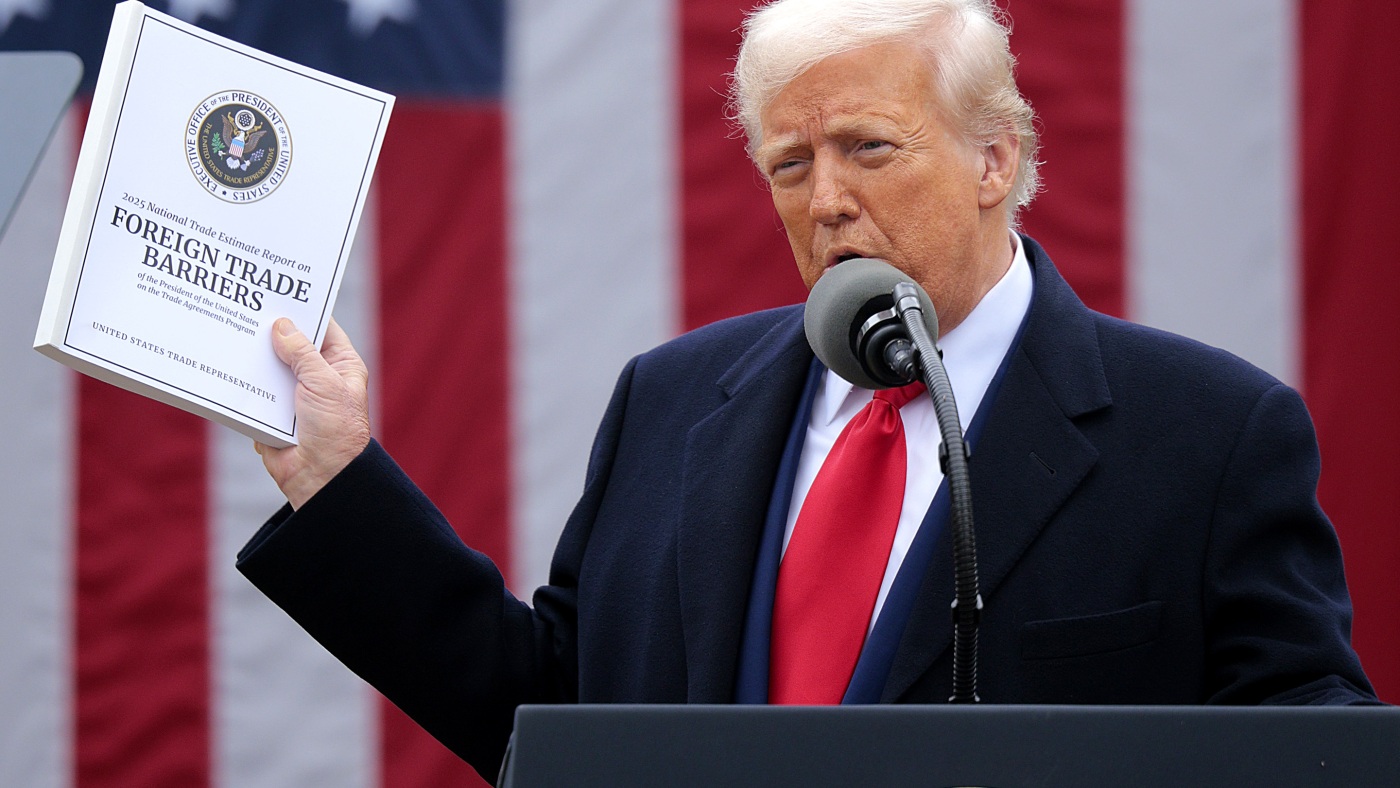Stephen Miran was recently confirmed to the Federal Reserve’s Board of Governors, marking a significant moment in U.S. economic policy. The Senate voted 48-47 in favor of his appointment. Notably, Senator Lisa Murkowski from Alaska was the only Republican to oppose him. With this confirmation, Miran will join the 12 officials who decide on interest rates, an influential role shaping the nation’s economy.
Miran’s confirmation is particularly timely. As the U.S. labor market shows signs of weakening, President Trump’s tariffs are pushing up prices. This situation challenges the Fed’s goals of keeping prices stable and maintaining full employment. There is growing concern about how this will affect the broader economy.
Miran previously served as an economic adviser to Trump and plans to take an unpaid leave from that role without officially resigning. This dual position raises questions about the independence of the Federal Reserve. Traditionally, the Fed operates apart from political influence, but this is the first time in its 111-year history that a governor is also an employee of the sitting president. During his confirmation hearing, Miran assured senators that he intends to fulfill his duties independently.
The Fed has recently faced intense scrutiny from the Trump administration, which has pressured it to lower interest rates. This campaign has included personal attacks on Fed Chair Jerome Powell and efforts to remove Fed Governor Lisa Cook. A recent appeals court ruled against Trump’s attempt to dismiss Cook. The dynamics within the Fed are shifting as Miran steps in, potentially allowing more political influence in its decisions.
Miran’s confirmation could be pivotal. He emphasized the importance of the Fed’s independence during his Senate hearing, claiming it is vital for the economy’s health. However, many Democrats express skepticism regarding his ability to separate his role from the president’s influence. They highlighted an irony in his nomination, considering a paper he co-wrote critiquing the interconnectedness of the White House and the Fed.
Public opinion on social media reflects this skepticism. Many users are cautious about whether Miran can navigate his responsibilities at the Fed effectively while under Trump’s shadow. Some users on Twitter noted the importance of maintaining the Fed’s independence, while others joked about the “revolving door” between the Fed and the White House.
Experts stress that Miran’s role in the Fed could significantly impact monetary policy during this uncertain economic period. A recent survey by the Pew Research Center indicated that 62% of Americans believe the Fed should operate independently from political pressures. This sentiment signifies a deep-rooted concern among citizens regarding political influence in crucial economic decisions.
Ultimately, how Miran balances his roles and the Fed’s traditional independence will be closely watched. As we await to see the impact of his confirmation, it raises vital questions about the future of U.S. economic policy during Trump’s presidency.






















